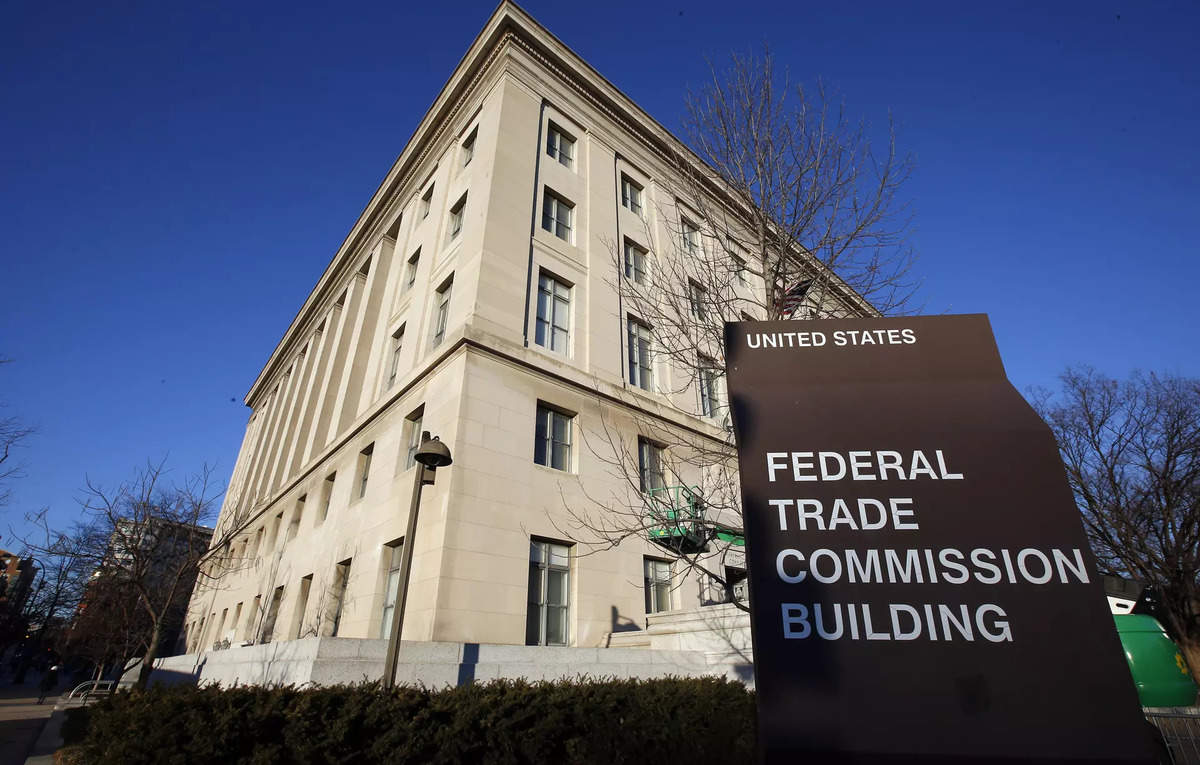The U.S. Federal Trade Commission (FTC) has greenlit a rule banning noncompete agreements, asserting that such contracts restrict worker mobility and suppress wages.
Passed in a 3-2 vote, the decision represents a pivotal shift in labor dynamics, affecting industries across the board.
Under the new rule, companies are prohibited from enforcing noncompete agreements, with the FTC estimating a potential wage increase of up to $488 billion over the next ten years.

This move aims to create a more level playing field for workers and stimulate entrepreneurship by eliminating barriers to job transitions.
Despite the FTC’s stance, major business organizations have voiced opposition, arguing that noncompete safeguard trade secrets and foster competition.
Legal challenges are expected, with tax services firm Ryan LLC already filing a lawsuit in Texas federal court. The U.S. Chamber of Commerce plans to mount a separate legal challenge, expressing concerns about government intervention in business operations.
The rule requires companies with existing noncompete agreements to nullify them and inform current and former employees of their unenforceability.
However, critics contend that the retroactive nature of the rule raises legal questions and undermines contractual agreements.
On the other hand, unions and left-leaning advocacy groups have lauded the FTC’s decision, viewing it as a victory for workers’ rights and economic fairness.

They argue that noncompete agreements stifle competition and keep wages artificially low, ultimately benefiting corporations over employees.
While the rule represents a significant step forward in labor policy, its impact remains subject to legal challenges and implementation nuances.
It signals a broader push towards reforming workplace practices to better serve the interests of workers and promote economic growth.




